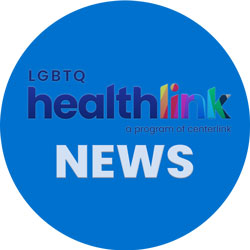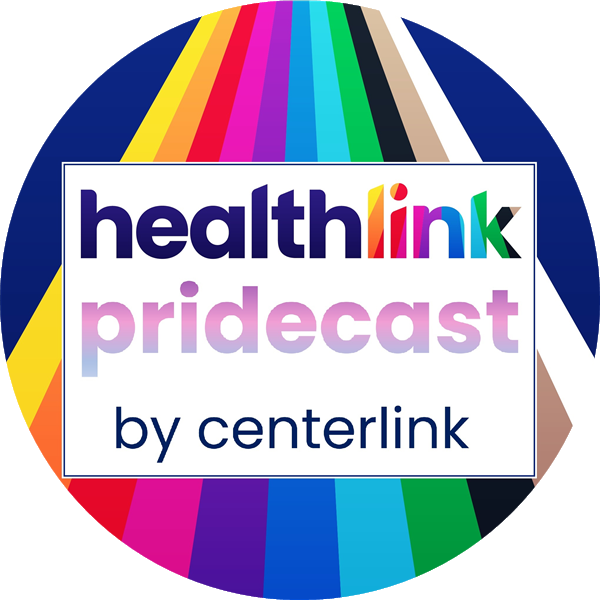This Week’s #LGBTWellness News – Tobacco Use Still Higher for Our Folx

LGBT HealthLink, 1/24/2018
Yes, LGB People Are Still Smoking
In a national study, the CDC found that LGB adults smoke at about a one-third higher rate than do other adults, at a rate of 20.5% for LGB folks versus 15.3% for their heterosexual peers. Uninsured people and those under psychological distress were also more likely to smoke. The study adds to troubling evidence about LGBT people and tobacco products beyond cigarettes.
Queer Folks Experiment More with Tobacco
Researchers found that queer women under 25 years old were more likely than their heterosexual peers to experiment with cigarettes, e-cigarettes, cigars, and more; queer men under 25 were more likely than their peers to experiment with cigarettes. The results (and tobacco’s addictive properties) may help to explain why LGB people have such high smoking disparities later in life.
What Students Learn About HIV
A study of high school students in Florida found that sexual minority males were less likely than their peers to report having learned about HIV at school, and were less than half as likely to have used a condom the last time they had sex. One silver lining: sexual minority males were 1.88 times more likely than their peers to report having been tested for HIV.
Conversion Bans Hit Cities, States
News reports from all over the country gave updates on local and state bans on LGBT “conversion” therapy, which experts overwhelmingly say causes harm. Broward County, Florida (where HealthLink calls home) banned the practice earlier this month, and Washington state is now considering such a bill; New Hampshire, on the other hand, voted down a ban.
HPV in Men Living with HIV
A study of Italian men living with HIV found that anal HPV was much more prevalent than oral HPV, with 85.2% having HPV infection observed at the anal site and only 20.9% with infection at the oral cavity. Low CD4 count and a higher number of recent partners was associated with higher odds of having oral HPV infection.
Telehealth Transports Trans Health
Vice reported on the amazing potential of telemedicine to connect transgender patients with providers who are trans-friendly and -competent, something to which many transgender people do not have access. The article reports on clinics that are offering care (sometimes exclusively) by two-way video conferencing, helping folks in far-flung areas find trans-friendly care.
How Many Brits Are LGB?
A study found that an estimated 547,000 British men and 546,000 women aged 16-74 identified as being LGB, representing about 2.5% of the population. However, when looking at how many Brits have ever had same-sex sexual relations, those numbers jump way up to over 1.2 million men and 1.3 million women, showing the importance of how sexuality questions are posed in surveys.
Trans People Must Ask for Cancer Screenings
Evening Standard reported on a new guide from the UK’s national health system on cancer screenings for transgender patients. While the UK has made progress on allowing transgender people to self-identify their gender, it faces some screening challenges, and has advised transgender people to self-advocate for screenings they need but are not automatically offered.
Why Docs Don’t Vaccinate Queer Men
In more UK news, a study found that general medical practitioners were less likely to offer HPV vaccines (which can prevent cancer) to queer men than were sexual healthcare professionals. General practitioners were also less confident in offering the vaccine to queer men and less likely to believe the evidence that queer men’s risk for HPV justifies them being routinely vaccinated.
Streaming School Fills Sex Ed Gaps
Healthline reported on a new online platform that offers sexual health education on a variety of topics, including many that are specific to LGBT health. O.school, as the site is known, has new classes being added every week, and seeks to fill gaps in many sexual health education curricula that are outdated or not inclusive of many who depend on them to learn safer sex practices.
Linking Discrimination and Health
Center for American Progress published a report on how experiencing discrimination causes LGBT people to avoid getting medical care in the future, which can lead to serious harm. Meanwhile, Movement Advancement Project published a detailed report examining the current state of public accommodations nondiscrimination laws across the U.S., and their importance.
Peer Relationships and Health
Researchers reviewed the available studies on sexual minority youth and how their relationships with others can have a positive or negative impact on their health. One notable protective factor was peer norms with respect to safer sex; for example, the perception that peers were using condoms or other safer sex practices was associated with young queer men doing so themselves.




